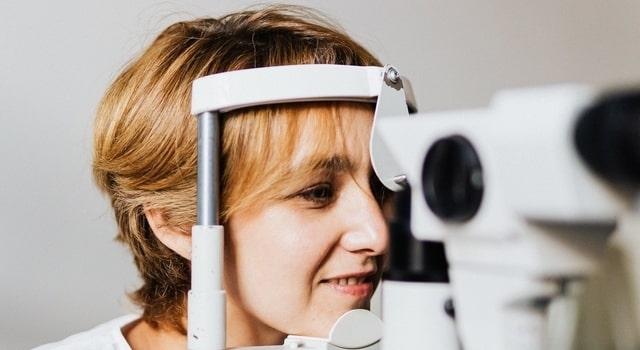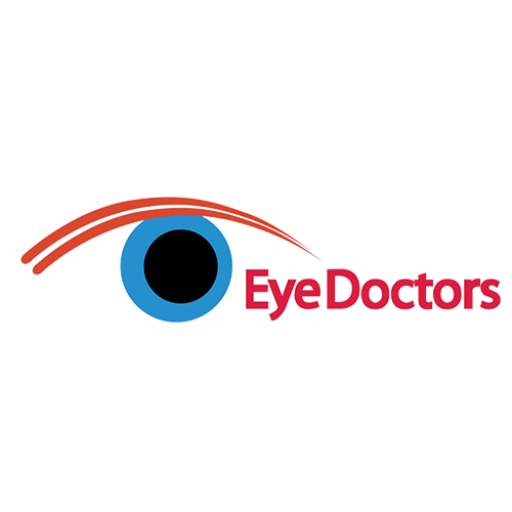
Prioritize Vision Health with Comprehensive Eye Exams
Maintaining good health often takes a back seat in today's fast-paced world. Among the most neglected aspects is our eye health. At Eye Doctors, we emphasize the importance of comprehensive eye exams and why they matter to everyone.
What is a Vision Screening?
A vision screening is a quick check to identify potential vision problems. A school nurse, pediatrician, or health fair staff often performs screenings to assess visual acuity with an eye chart. They can also determine your prescription for glasses or contacts.
What is a Comprehensive Eye Exam?
Basic vision screenings are quick checks to identify potential vision problems. In contrast, comprehensive eye examinations are thorough assessments performed by optometrists or eye care professionals. These exams measure your vision and determine your need for corrective lenses. They also include tests to detect common eye diseases and other issues affecting your overall eye health.
At Eye Doctors, a comprehensive eye exam includes:
- Detailed assessment of visual acuity and prescription needs
- Evaluation of eye function and coordination
- Examination of the internal and external structures of the eyes using advanced technology
- Screening for conditions like glaucoma, cataracts, and macular degeneration
Early Detection of Eye Conditions
Comprehensive eye exams are crucial for the early detection of severe eye conditions. Diseases such as glaucoma, cataracts, and macular degeneration often progress without noticeable symptoms in their early stages. Early detection through regular eye exams can prevent significant damage and preserve vision.
Glaucoma
Glaucoma involves damage to the optic nerve, often due to high eye pressure. Early detection through comprehensive eye exams can help manage glaucoma and prevent vision loss.
Cataracts
Cataracts cause the eye's lens to become cloudy, leading to impaired vision. Detecting cataracts early during a comprehensive exam allows for timely treatment.
Macular Degeneration
Age-related macular degeneration (AMD) affects the central part of the retina, leading to vision loss. Comprehensive eye exams can detect AMD early, enabling treatments to slow its progression.
How Often Should You Get an Eye Exam?
The frequency of eye exams varies based on age, health, and risk factors. General guidelines include:
- Children: Annually, starting at six months old
- Adults aged 18-60: Every two years
- Adults over 60: Annually
Individuals with higher risk factors, such as a family history of eye disease, diabetes, or high blood pressure, may need more frequent exams. Your eye doctor will recommend a personalized schedule based on your needs.
Where to Get an Eye Exam
Choosing a trusted eye care provider is crucial for maintaining eye health. At Eye Doctors, we understand the importance of this trust.
We provide comprehensive eye exams tailored to your unique needs. Our experienced team uses state-of-the-art technology to ensure thorough and accurate assessments. This gives you the confidence that you're in good hands.
Ensure Peace of Mind with Regular Eye Exams
Regular comprehensive eye exams are the key to peace of mind in preventive healthcare. They go beyond basic vision screenings to detect early signs of severe eye conditions. This allows for timely treatment and better outcomes. Whether you're due for an eye exam or have concerns about your vision, Eye Doctors in Vienna is here to help.
Request your comprehensive eye exam to take a proactive step toward preserving your vision and overall eye health.

